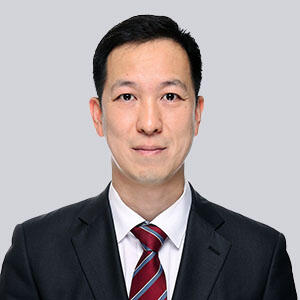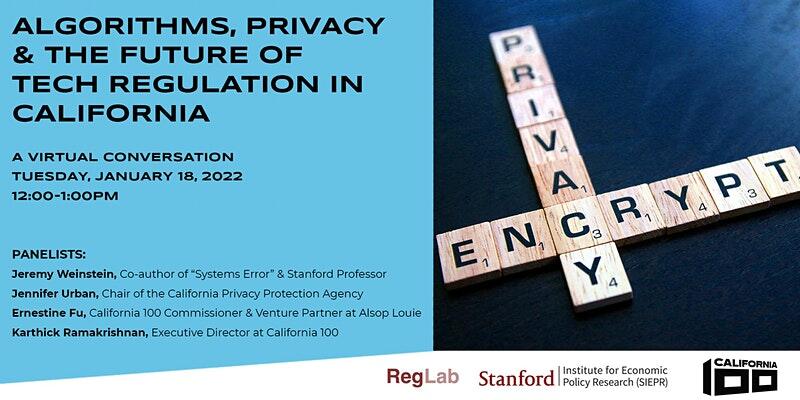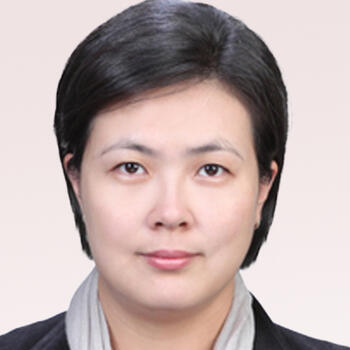This event is part of Shorenstein APARC's winter 2022 webinar series, New Frontiers: Technology, Politics, and Society in the Asia-Pacific.
While North Korea’s nuclear capabilities often make headlines, the DPRK increasingly poses a risk that is more difficult to see, in the form of sophisticated cyber attacks. Neighboring South Korea, one of the most digitized nations in the world, must closely monitor and defend against North Korea’s cyber threat, as attacks can disrupt economic, social, and defense infrastructures. This panel will discuss what kind of cyber threat North Korea poses to South Korea and beyond, how South Korea addresses the North Korean cyber attacks, and what other countries can learn from their response.
Speakers:
 Jenny Jun is a PhD Candidate in the Department of Political Science at Columbia University and Nonresident Fellow at the Atlantic Council’s Cyber Statecraft Initiative. Her current research explores the dynamics of coercion in cyberspace. Her broader interests include cyber conflict, North Korea, and security issues in East Asia. Jenny is a co-author of the 2015 Center for Strategic and International Studies (CSIS) report North Korea’s Cyber Operations: Strategy and Responses, published by Rowman & Littlefield. She has presented her work on North Korea’s cyber operations at various panels and has provided multiple government briefings and media interviews on the topic. She received her MA and BS each from the Security Studies Program (SSP) and the School of Foreign Service (SFS) at Georgetown University.
Jenny Jun is a PhD Candidate in the Department of Political Science at Columbia University and Nonresident Fellow at the Atlantic Council’s Cyber Statecraft Initiative. Her current research explores the dynamics of coercion in cyberspace. Her broader interests include cyber conflict, North Korea, and security issues in East Asia. Jenny is a co-author of the 2015 Center for Strategic and International Studies (CSIS) report North Korea’s Cyber Operations: Strategy and Responses, published by Rowman & Littlefield. She has presented her work on North Korea’s cyber operations at various panels and has provided multiple government briefings and media interviews on the topic. She received her MA and BS each from the Security Studies Program (SSP) and the School of Foreign Service (SFS) at Georgetown University.
So Jeong Kim is a principal researcher at the National Security Research Institute where she joined in 2004. She currently leads the cybersecurity policy team and provides recommendations on cybersecurity policy and regulatory issues. She was involved in drafting South Korea’s National Cyber Security Strategy published in April 2019, in the 4thand 5th UN Group of Governmental Experts as an adviser, and in the MERIDIAN process as an advisor and organizer. Her main research area is in national cybersecurity policy, international norm-setting processes, confidence building measures, critical information infrastructure protection, law and regulations, and cybersecurity evaluation development. She received her PhD in Engineering from the Graduate School of Information Security at Korea University in 2005.
Gi-Wook Shin, director of APARC and the Korea Program at Stanford University, will moderate the discussion.




 Jenny Jun is a PhD Candidate in the Department of Political Science at Columbia University and Nonresident Fellow at the Atlantic Council’s Cyber Statecraft Initiative. Her current research explores the dynamics of coercion in cyberspace. Her broader interests include cyber conflict, North Korea, and security issues in East Asia. Jenny is a co-author of the 2015 Center for Strategic and International Studies (CSIS) report North Korea’s Cyber Operations: Strategy and Responses, published by Rowman & Littlefield. She has presented her work on North Korea’s cyber operations at various panels and has provided multiple government briefings and media interviews on the topic. She received her MA and BS each from the Security Studies Program (SSP) and the School of Foreign Service (SFS) at Georgetown University.
Jenny Jun is a PhD Candidate in the Department of Political Science at Columbia University and Nonresident Fellow at the Atlantic Council’s Cyber Statecraft Initiative. Her current research explores the dynamics of coercion in cyberspace. Her broader interests include cyber conflict, North Korea, and security issues in East Asia. Jenny is a co-author of the 2015 Center for Strategic and International Studies (CSIS) report North Korea’s Cyber Operations: Strategy and Responses, published by Rowman & Littlefield. She has presented her work on North Korea’s cyber operations at various panels and has provided multiple government briefings and media interviews on the topic. She received her MA and BS each from the Security Studies Program (SSP) and the School of Foreign Service (SFS) at Georgetown University.